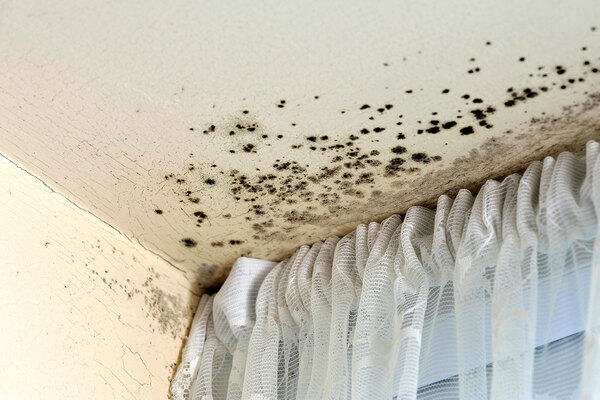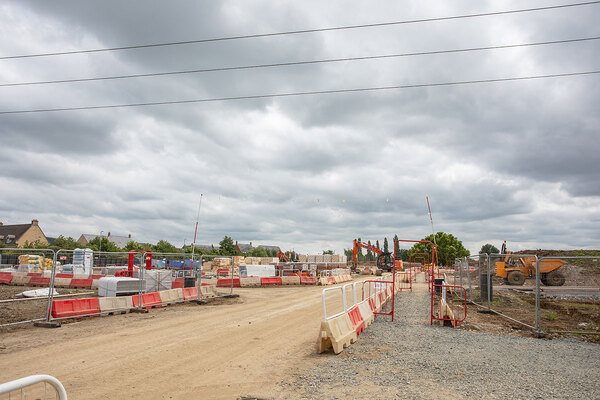Wheatley posts £7.2m deficit after accounting adjustment
Scotland’s largest housing association, Wheatley Group, posted a £7.2m loss for 2018/19 after changing the way it measures its homes’ depreciation value.
The 80,000-home landlord had a turnover of £333.6m across the group in the year to 31 March 2019, which is up from £304.6m the previous year.
However, its operating surplus fell from £62.2m to £56.1m, while its post-tax deficit of £7.2m compared with a £6.8m surplus for 2017/18.
Wheatley put the difference down to “accounting alignment factors”, including its decision to align “the depreciation for the structure element of our properties at 50 years across the group” when some of its subsidiaries had previously used a 75-year marker.
The change meant a “one-off adjusting charge in the year of £12.2m” and does not indicate an issue with the lifespan of the homes implicated, it said.
The association also pointed to a £2.3m actuarial charge relating to the guaranteed minimum pension issue.
And it emphasised that its earnings before interest, tax, depreciation and amortisation were £99.6m for 2018/19, up from £84.1m the previous year.
Two-thirds, or £221.1m, of Wheatley’s turnover came from core social housing activities.
It is the largest social rent developer in the UK, with 640 such homes delivered in 2018/19 plus another 240 for mid-market rents. It does not build housing for sale.
The group invested £120.6m in development and £56.7m in its existing stock, including £8.5m on fire safety work.
In May, Inside Housing revealed that Wheatley will spend £1.2bn on new and existing homes over the next five years.
The business is now 56% geared, with total loan facilities of £1.6bn including £411.9m undrawn.
Overall customer satisfaction was 90%.
Steven Henderson, group director of finance, at Wheatley, said of its deficit: “The difference on paper between the two years is due to accounting alignment factors, one of which is the way we measure the depreciation of our properties.
“We aligned the depreciation for the structure element of our properties at 50 years across the group. In some of our subsidiaries these were previously 75 years.
“This meant a one-off adjusting charge in the year of £12.2m, purely as an accounting alignment exercise for consistency across the group. There is no issue with the lifespan of the properties in question, which is why it was not classed as an impairment.
“We also recognised a £2.3m actuarial charge for the ‘guaranteed minimum pension’ issue – a non-cash actuarial pensions charge which affects the majority of defined benefit schemes across the UK.”
Housing association financial statements 2018/19
A2Dominion’s surplus falls by 74%
Aster's surplus rises as it eyes land acquisitions
BPHA surplus falls after bumper year of spending
Catalyst's surplus plunges 45% as sales market slows
Clarion’s surplus falls for third year running
Hyde reveals £17m spend on fixing post-Grenfell defects
Metropolitan Thames Valley shared ownership surplus tumbles
Network Homes boost surplus by 62%
Notting Hill Genesis customer satisfaction rate only 65%
Paradigm’s surplus falls slightly thanks to development difficulties
Peabody's self-imposed rent cut hits margin
Optivo returns to surplus after refinancing
Orbit surplus falls 52% as sales income slips
L&Q sees surplus drop by 42% in ‘challenging’ year
Southern reports 14% slide in surplus as fire safety checks increase
Sovereign's private sales income up 24%
Stonewater sees surplus fall by 43%
Swan surplus dives as cost to fix ACM cladding remains uncertain
WM Housing swings back into the black ahead of rebrand














